New regulation is coming
Invest now in improving your water management
There’s nothing farmers love more than government regulation, am I right? And there’s nothing this viticulturist loves more than legal rhetoric. That is of course why I violently sobbed into my textbook during the semester I studied food and beverage law in undergrad: my deep regard for the study of law.
…I’m kidding of course. But it’s abundantly clear that California is in a devastating drought. Little replenishments plus abundant use of groundwater has resulted in “subsidence” in some parts of California. The Central Valley land surface, for instance, has literally sunk between 3 feet and about 28 feet over a 45-year period ending in 1970 (not to mention what’s happened since that time 50 years ago). You can read more about this phenomenon here and here. Depleted groundwater can also affect water quality, cause seawater intrusion, reduce groundwater storage, and use up interconnected surface water. Once that aquifer collapses, it’s gone forever.
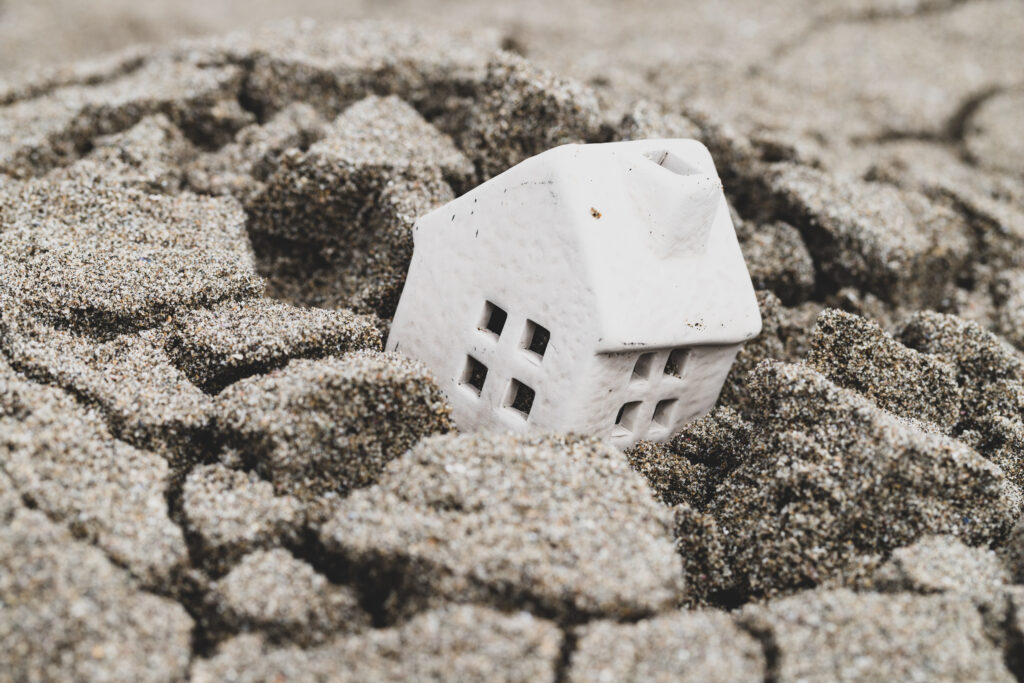
Well, the waterman commeth, and he commeth for Sonoma. In the next few years SGMA (the Sustainable Groundwater Management Act) is going to take effect. SGMA was passed in 2014, but affected those in high priority basins first. At the time, 21 of these basins were classified as “critically overdrafted”. We, however, were sitting pretty. Not anymore.
Each of these basins has a Groundwater Sustainability Agency (GSA) tasked with coming up with a Groundwater Sustainability Plan (GSP). This plan should outline how the agency in a given basin plans on bringing the underlying basin into sustainable yield. This regional plan must be approved by the California Department of Water Resources (DWR).
How is depleted groundwater going to affect my water quality and my ability to make a living off my land?
This is going to affect a lot of people, especially those in agriculture. What restrictions are going to be placed on those using water for farming and ranching? Are there more fees? How is depleted groundwater going to affect my water quality and my ability to make a living off my land?
It’s unclear just what due diligence research requirements SGMA will require from farmers, but you can start making steps to better track your water use. Knowledge is power. If you know how much water your operation uses, you can better advocate for yourself and your community. You can identify weak areas. You can understand the how both government regulations and the changing climate is going to impact your business. And you can insure long-term sustainability of your most precious resource: water.
How can I better measure my water usage?
Flow meters
This one is almost guaranteed to be a requirement once Sonoma’s GSP gets passed. If you want real-time monitoring of your flow, you can easily hook it up to a telemetry system. That way you can monitor your water use from the comfort of…wherever.
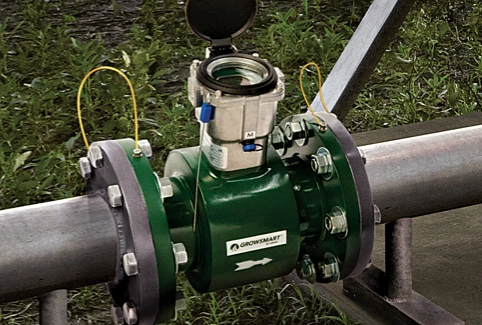
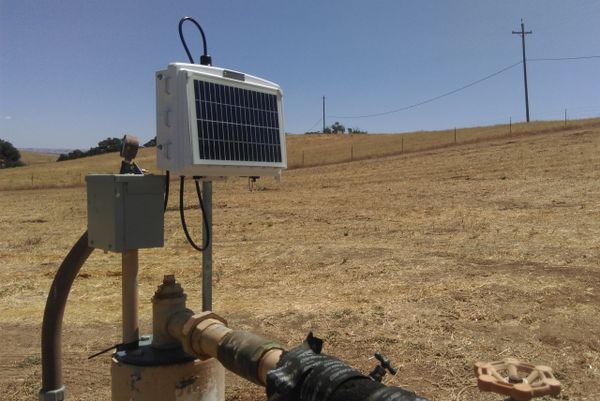
Well monitoring
We’ve had a several clients run their wells dry this season. Others have run into problems with toxicity as the well gets lower and lower. It’s in your best interest to know where you stand before it’s too late. That way you can be sure you have enough water to get through the season.
Other ways to use water more efficiently
Irrigation automation
I can’t tell you how many times a valve gets left on accidentally. Then what should be a four-hour-long irrigation turns into a forty-eight-hour-long irrigation. Automating your valves allows for accurate irrigation scheduling, even in the most remote of sites.
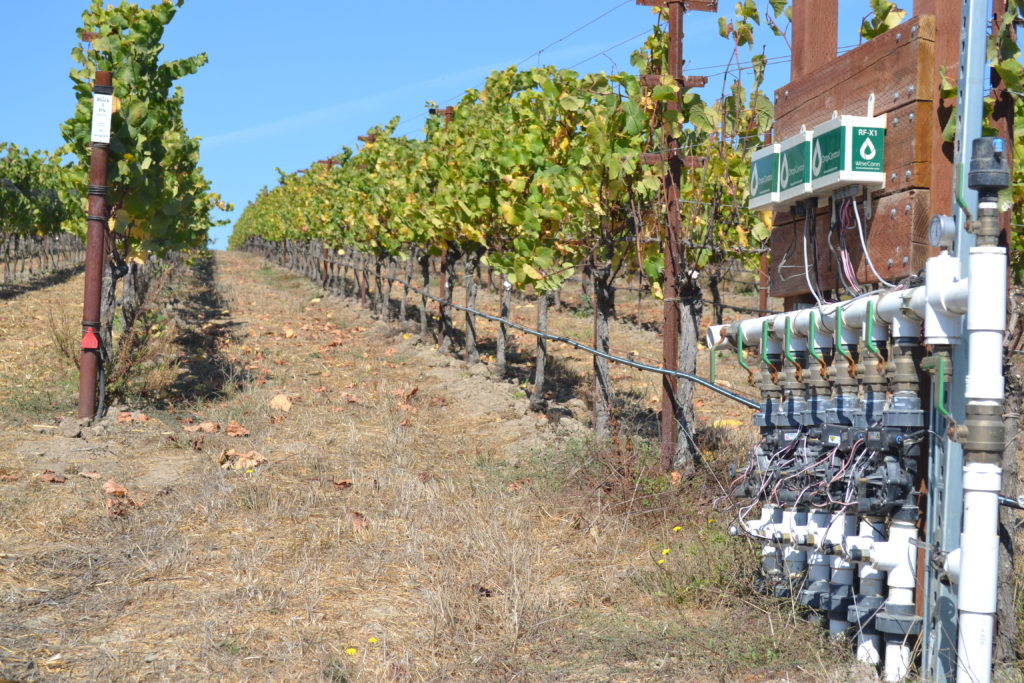
Soil probes
Even this year, some places we consult for haven’t needed any water all season. Shocking, right? Know where your roots are active and how much moisture is left in your soil. There’s no need to water when you don’t have to. Let the winery do that!
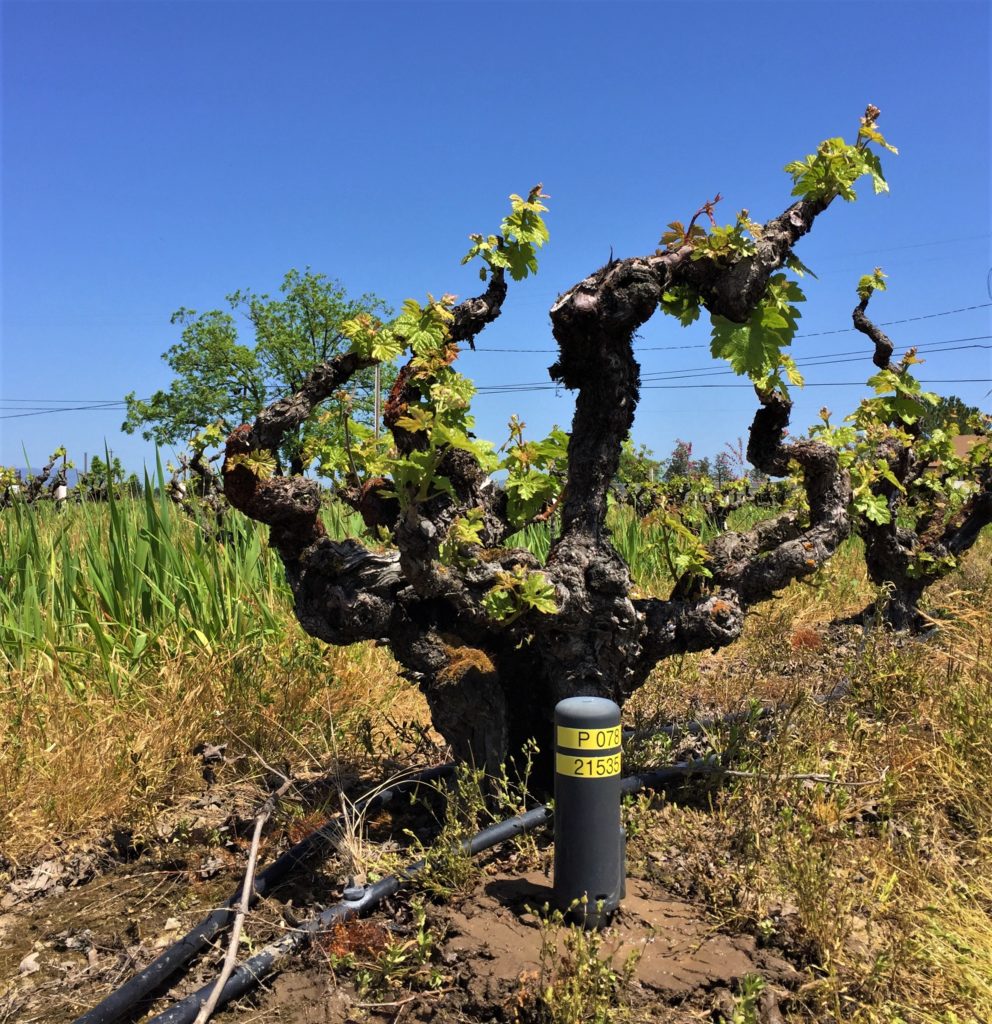
Plant stress monitoring
This is a new one, but we’re beyond excited about it. Up until now, the only method we trusted for measuring leaf water potential was via old school pressure-chamber. You can read more about this method here. New plant stress sensors installed directly into the trunk can give you real-time data on your plants water status.
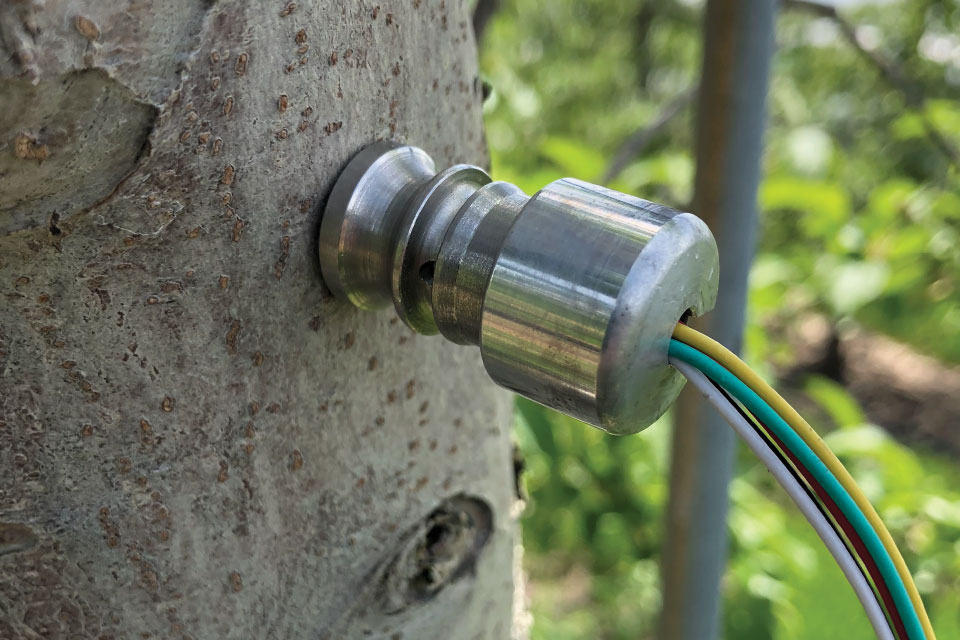
Conclusion
Regardless of what you think about government intervention, I think we can all agree that being sustainable isn’t an option anymore. And it can’t be simply a buzzword. If you want your farm to function long term, if you want to be able to pass down your land to your children, if you value the ecosystem, you can’t be overdrafting your aquifer. You can’t be flooding your vines. We just don’t have the resources for that anymore.
Have questions? Want us to help? If you’re ready to improve your water efficiency contact Paul at paul@advancedvit.com.
Citations
SGMA California – The Comprehensive Guide For Ag & Land Professionals. (2021, July 28). AQUAOSO. https://aquaoso.com/resources/sgma-california/

